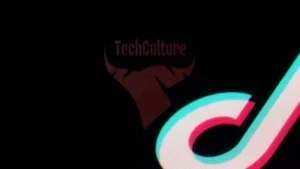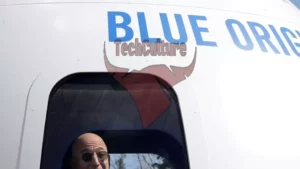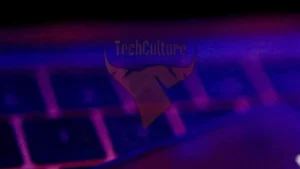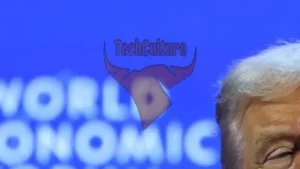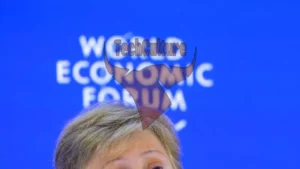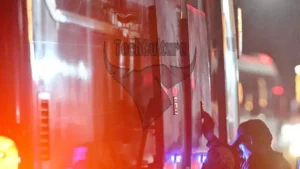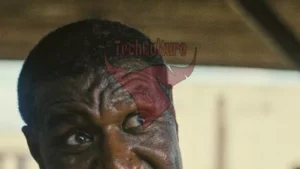Voice Actors vs. AI: The Battle for Vocal Supremacy
The recent deal struck between SAG-AFTRA and Replica Studios, an AI voiceover company, has stirred up a hornet’s nest within the voice acting community. While some actors are decrying the agreement, others are already grappling with the repercussions of AI technology infringing on their craft. Ned Luke, renowned for voicing the iconic character Michael De Santa in Grand Theft Auto V, found himself embroiled in a debacle when his voice was utilized without consent for a novelty chatbot by tech company WAME.
Luke took to the now-renamed social media platform X to vehemently call out WAME for its unauthorized use of his voice in the AI chatbot. In response, WAME issued a statement expressing understanding and concern amidst the controversy. The tech company pledged its commitment to protecting the rights of voice actors and creators while advocating for ethical AI practices. However, this incident underscores the growing concerns and conflicts arising from the intersection of voice acting and artificial intelligence.
The discontent among voice actors has been palpable, with many fearing that AI technology poses a threat to their livelihood. Steph Lynn Robinson, a voice actor, lamented, “I believe a remnant of talented and deeply committed artists will remain in each field, but the bulk of our work will sadly be replaced by AI.” The unease and apprehension within the industry are only amplified by the precedent set by the SAG-AFTRA deal and the subsequent exploitation of voice actors’ work by AI entities like WAME.
The controversy extends beyond the sphere of voice acting, as evidenced by the AI-generated George Carlin stand-up routine that drew sharp criticism from the late comedian’s daughter. These instances serve as stark reminders of the ethical and legal complexities surrounding the utilization of AI in creative industries, particularly when it encroaches upon the intellectual property and creative autonomy of artists.
As the debate rages on, the clash between voice actors and AI technology underscores the need for robust safeguards to protect artistic integrity and intellectual property rights in the face of rapid technological advancements. While the SAG-AFTRA deal represents a pivotal moment in the evolution of voice acting, the far-reaching implications of AI on the industry continue to provoke profound introspection and impassioned debate.
In a landscape where the lines between human performance and artificial replication are increasingly blurred, the resilience of the human voice and the preservation of artistic expression stand at the heart of a contentious battle that shows no signs of abating.
